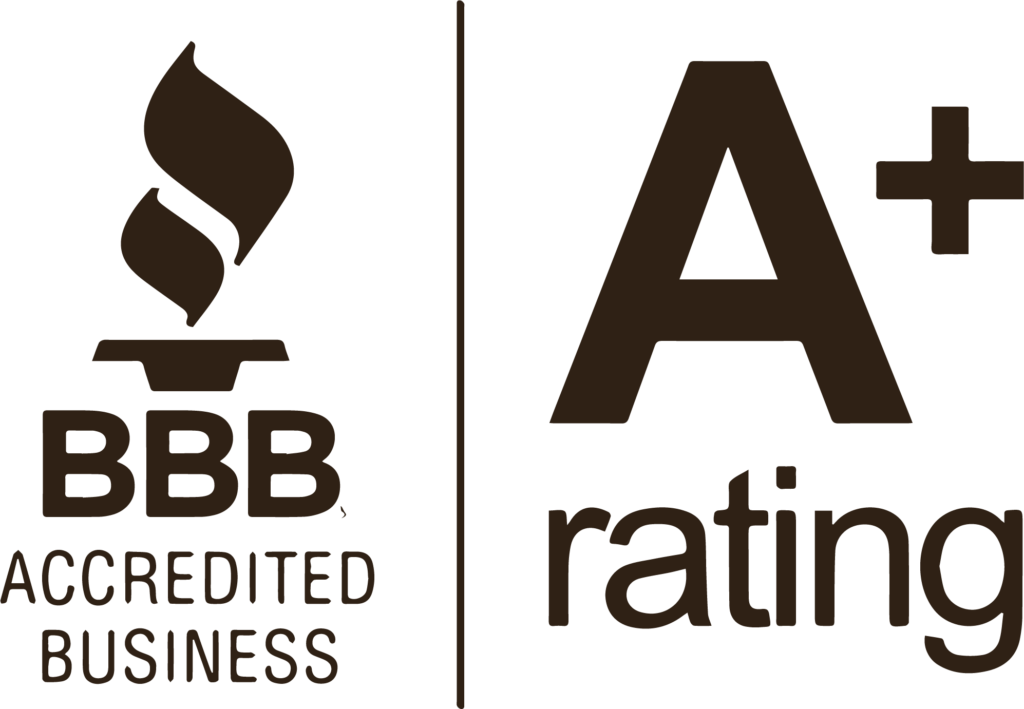By Daniel Scott Johnson
Researchers continue to debate whether money actually buys happiness. But experts certainly agree on one thing: Sudden wealth is a shock to the system, one comparable to divorce or the death of a loved one. It can also make you do things you wouldn’t normally consider. (This phenomenon actually has a name: Sudden Wealth Syndrome.) If you don’t invest your good fortune wisely, you’re in danger of losing it.
And that is a shock from which you may never recover.
First, let’s define our terms. When I speak of “sudden wealth,” I’m not necessarily talking about winning the lottery. Yes, we hear about big-ticket lottery winners every few months or so—such as the recent $1.35 billion MegaMillion winner in Maine—but these cases are, by design, few and far between. No, if you’re going to be the recipient of sudden wealth, its origin is likely to be far more routine. It could come from an inheritance. From an insurance payout. From a business sale. Or from a divorce settlement.
Also, what constitutes “sudden wealth” is, of course, relative to a person’s current standard of living. A $5 million inheritance is a nice chunk of change for a high-ranking business exec with a net worth already in eight figures, but it’s not life-changing. Yet the same $5 million is an absolute bonanza for a two-income household with an average joint income of $70,000 to $90,000 a year. Enough to make them go crazy.
Why is sudden wealth so dangerous? Money is an intoxicant. Like alcohol, it can trigger feelings of euphoria and even invincibility. To those who experience sudden wealth, the temptation is to let loose, to satisfy all those long-suppressed material urges, like buying high-end designer clothes, fancy cars, jewelry, and luxury vacations.
And, yes, spending money really is a measurable high. And it’s not just wild spending that create such feelings. Even seemingly sensible purchases like long-delayed home remodeling projects or loans to family entrepreneurs can deliver a strong jolt of dopamine to the cerebellum. And like a gambler on a winning streak, one can get the sense the gravy train will never end. But it inevitably does.
That’s when people get into trouble.
Assuming you find yourself with a sudden fortune and want to handle it as pragmatically as possible, what is the best strategy? As someone who specializes in sudden wealth management, here is my advice:
- Hire a professional financial advisor. Admittedly, this is self-serving, but you’re going to need the help of someone who’s already played this game and done so successfully. Just like the lawyer who defends himself has a fool for a client, the novice investor who tries flying solo is almost certain to crash and burn. Cash windfalls don’t come around every day. Make the small investment in professional financial advice to ensure your subsequent decisions are based on expert knowledge and analysis. Look for a Fee-Only, Fiduciary RIA Registered Investment Advisor with a squeaky clean track record.
- Assess your financial goals and risk tolerance. Your long-term strategy depends largely on your age, your earning capacity, your spending habits, and the amount of risk you’re comfortable assuming. If you’re single and in your 20s, you can probably afford to be more aggressive with your investments than if you’re in your 60s or 70s and don’t have the time to recover from major losses. Do you plan to continue working? For how long? Investments intended to produce supplemental income differ from those intended to be a primary income source.
- Pay off debts, especially those with high rates of interest. It’s a smart move to pay off high-interest loans such as those on credit cards, motor vehicles, and student loans. Getting free of an outstanding mortgage may or may not be so prudent, as mortgage interest is, at the present time, deductible when figuring federal income taxes.
- Allocate an emergency cash fund. Financial experts usually advise their clients to put at least six months of living expenses in a savings account to cover unexpected events, yet few people have the excess funds to actually do so. Here’s your chance.
- Diversify your investments. The two financial axioms we can always count on are 1) The higher the expected rate of return, the greater the risk, and 2) Past performance is no guarantee of future results. Over the last decade, eager investors were rushing to high-tech stocks, California real estate, and cryptocurrencies. While most Golden State property values have mildly appreciated, both the stock market and crypto have recently been awash in a sea of red. The unpredictability of markets is the key reason you must diversify your investment holdings as much as possible. Accept the fact some of your investments will, at times, depreciate, but their losses will—hopefully—be offset by the winners.
If you want to be as conservative as possible, to accept modest gains as the price of long-term safety, you’ll want to consider the following instruments:
- Bonds: Bonds are debt securities, usually issued by government or corporate entities, that pay a fixed income over a set period of time. They are considered one of the safest investments, with lower returns compared to other investments. Many municipal bonds generate interest free from state and/or federal income taxes.
- Treasury Securities: Treasury securities, such as Treasury bonds and bills, are also considered among the safest investments since they are backed by the U.S. government.
- Money Market Funds: Money market funds invest in short-term debt securities, making them relatively low-risk investments with modest returns.
- Certificates of Deposit (CDs): CDs, often issued by banks or other chartered financial institutions, are low-risk investments that pay a fixed rate of return over a set period of time.
If you have recently been fortunate enough to receive a cash windfall, or expect to receive one in the near future, this is the time to seek expert help. Please consider my services. In fact, I am so confident in my ability to support you as your windfall advisor I’m offering a complimentary 4-month trial. It’s my belief you will see the value of my services based on this exploratory arrangement. Or, to put it simply, you needn’t trust my words, but you can trust in the results.
Contact me today and we together we can work out a plan that ensures your good times never end.





